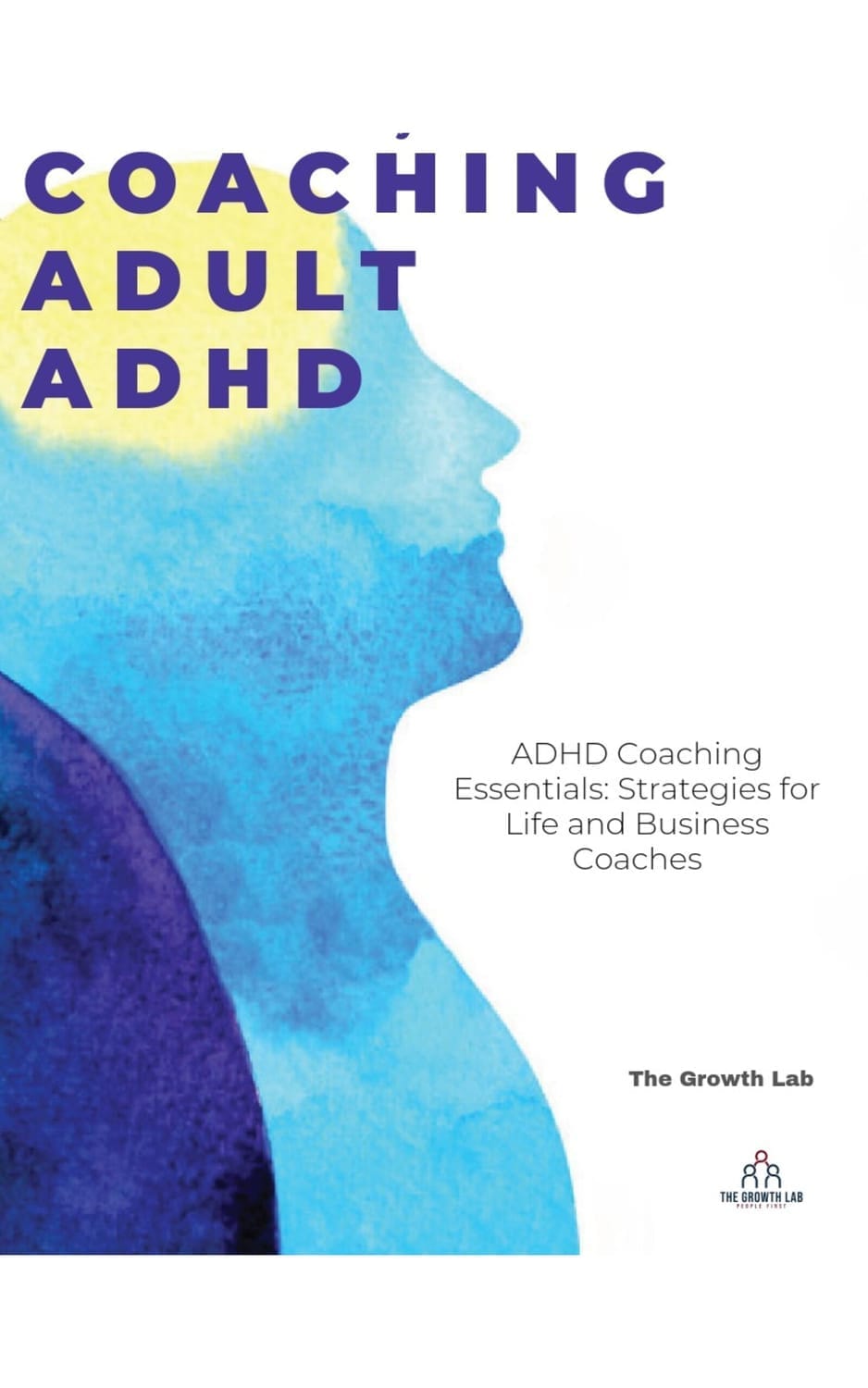Adult ADHD coaching



Inattention as an indicator of Adult onset ADHD
Understanding ADHD: Inattention
Attention Deficit Hyperactivity Disorder (ADHD) is a condition that affects many individuals, often manifesting in various ways. These selected questions are designed to help quantify potential symptoms of ADHD.
These questions focus on inattention, a common characteristic of ADHD. Let's delve into each question and understand how they relate to ADHD.
How often do you make careless mistakes in your work or activities?
How often do you have difficulty sustaining attention in tasks or play activities?
How often do you find it hard to listen when spoken to directly?
How often do you fail to follow through on instructions and fail to finish work or duties?
How often do you have difficulty organizing tasks and activities?
How often do you avoid, dislike, or are reluctant to engage in tasks that require sustained mental effort?
How often do you lose things necessary for tasks and activities?
How often are you easily distracted by extraneous stimuli?
How often are you forgetful in daily activities?
These questions are designed to gauge the frequency of behaviors associated with inattention. Respondents are asked to rate their experiences on a scale from 0 to 5, where 0 means "not at all" and 5 means "all of the time."
Interpreting the Results
It's important to note that these questions are not a definitive diagnosis of ADHD. They are merely a tool to help identify potential symptoms. A high score on these questions may indicate that you are experiencing symptoms commonly associated with ADHD, but it does not confirm that you have the disorder.
Why You Shouldn't Jump to Conclusions
Self-assessment tools like these are helpful for raising awareness and prompting further investigation, but they are not a substitute for a professional diagnosis. ADHD is a complex condition that requires a comprehensive evaluation by a healthcare professional. Many factors can contribute to the symptoms listed in the questions, including stress, anxiety, and other medical conditions.
Next Steps
If you find that you have a high score on these questions, it may be worth seeking further evaluation. One option is to contact Jeremy Farrell, an online ADHD coach based in Reading, Berkshire. Jeremy specializes in helping individuals manage ADHD symptoms and can provide personalized guidance and support.
Conclusion
While self-check questions can be a useful starting point for identifying potential ADHD symptoms, they should not be used as a standalone diagnostic tool. If you have concerns about ADHD, it's important to seek professional advice and support. Remember, a high score on these questions is not a diagnosis, but it is a signal that further evaluation may be beneficial.
If you have any questions or need further assistance, feel free to reach out. Your mental health is important, and taking the right steps towards understanding and managing ADHD can make a significant difference in your life.


